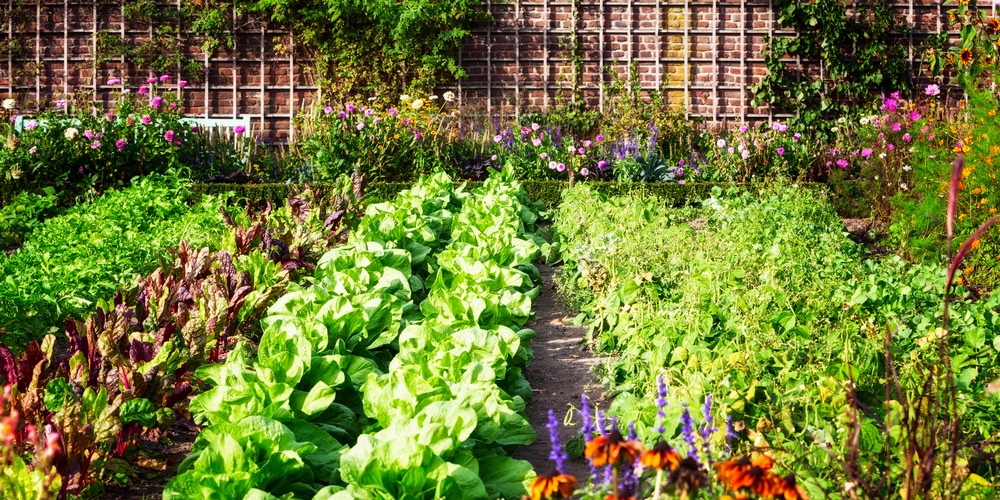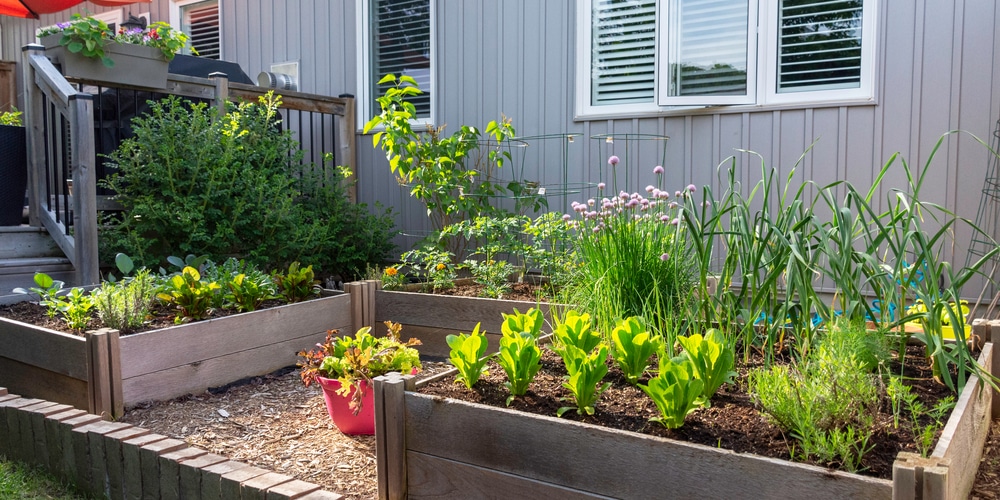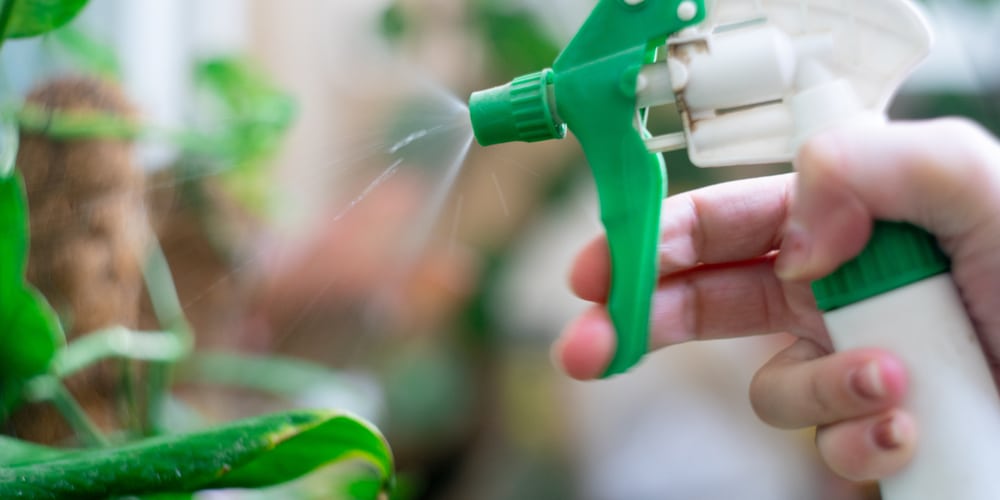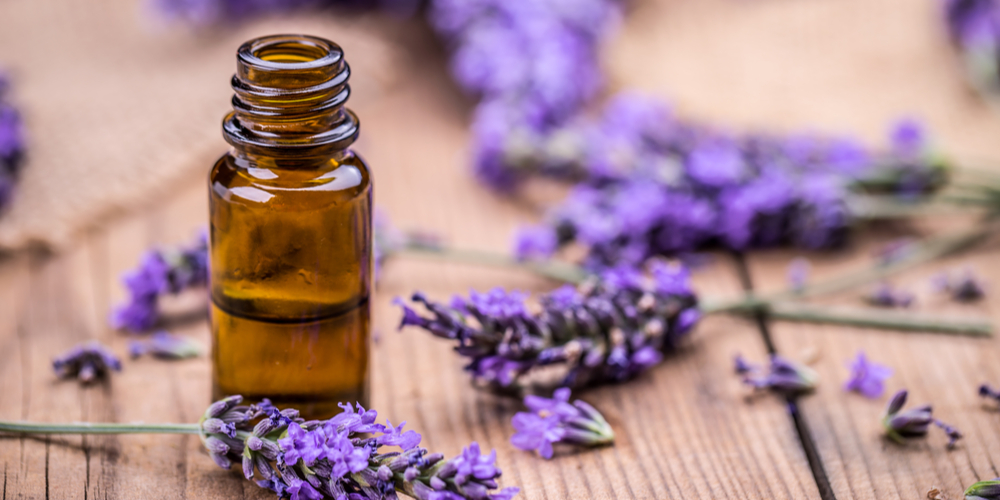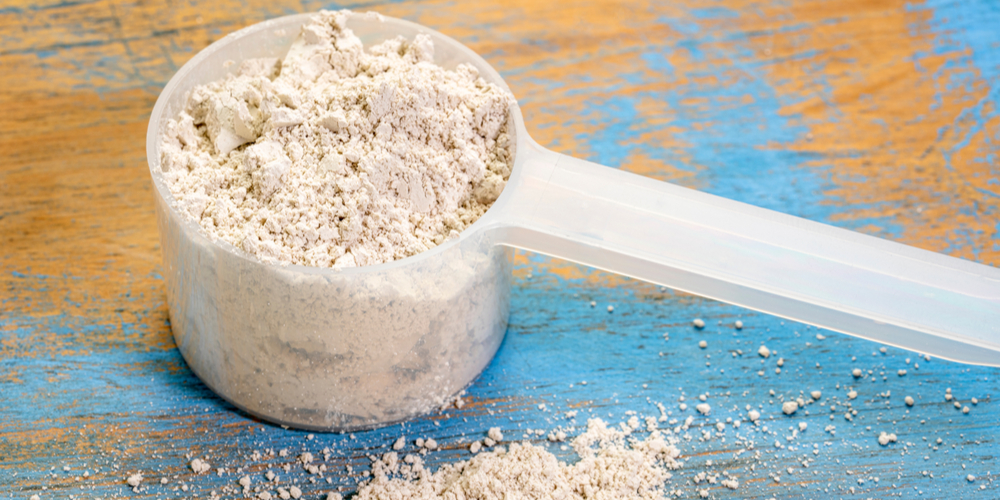If you have a vegetable garden, the chances are that you have had to deal with pests at some point. Pests can quickly ruin a healthy crop: aphids attacking your lettuce or beetles munching on your tomatoes.
There are a variety of insecticides on the market that you can use to protect your vegetable garden from pests. However, not all insecticides are created equal. Some are more effective than others, and others may even harm your plants.
When choosing an insecticide for your vegetable garden, it is important to consider the type of pests you are trying to control and the specific needs of your plants.
For example, if you are dealing with aphids, you will need an insecticide specifically designed to kill aphids. On the other hand, if you are trying to prevent insects from damaging your plants, a more general insecticide will suffice.
By choosing the best insecticide for your vegetable garden, you can enjoy a healthy and bountiful harvest.
Top 7 Best Insecticides For Your Vegetable Garden
There are many effective insecticides available to help keep your garden pest-free. To help you find the best product for your needs, we’ve researched and reviewed the top 7 best insecticides for vegetable gardens.
1) Neem Oil Insecticides
Neem oil insecticides are made from the seeds of the neem tree, an evergreen native to India. Neem oil works by disrupting the reproductive cycle of insects, preventing them from laying eggs.
This makes it an effective way to control both adult insects and their larvae. In addition to being effective against a wide range of common garden pests, neem oil is safe for humans and animals. You can also use neem oil on fruit trees.
2) Essential Oil Insecticides
If you’re looking for an all-natural way to keep your vegetable garden free of pests, essential oil insecticides may be the answer. These potent oils are derived from plants and have a long history of use as a natural remedy for various ailments.
In recent years, their effectiveness as insecticides has been widely recognized, and they are now being used by gardeners worldwide.
Effective essential oils for insect control include peppermint oil, rosemary oil, and clove oil. These oils work by repelling or killing insects when applied to plants. They are most effective when used as a preventive measure, but can also be used to control existing infestations.
Plus, they’re incredibly effective at killing a wide variety of common garden pests, including aphids, whiteflies, and beetles. So if you’re looking for an environmentally-friendly way to protect your crops, essential oil insecticides are worth considering.
3) Horticultural Oil Insecticides
Horticultural oil insecticides are one of the best insecticides for vegetable gardens. It is a highly refined petroleum product. and made by distilling crude oil and removing impurities like sulfur and wax. Horticultural oil is safe to use around children and pets, and it’s gentle enough to use on delicate plants.
Horticultural oil works by smothering insects and their eggs. It’s most effective when used as a preventative measure, applied before an infestation occurs. However, you can also use it to control existing infestations.
4) Pyrethrin Insecticides
Chrysanthemum flowers produce pyrethrin. It is a natural compound that is safe for humans and animals but deadly to insects. These insecticides work by paralyzing the nervous system of insects, causing them to die within minutes.
Pyrethrins are effective against various insects, including beetles, ants, and caterpillars. They are also relatively safe to use around children and pets. However, pyrethrins can be harmful to bees, so applying them early in the morning or late in the evening when bees are not active is important.
5) Bacillus Thuringiensis Insecticides
Bacillus Thuringiensis (BT) insecticides are a great option for vegetable gardens, as they are safe for humans and animals. BT insecticides target the stomach of the insects that eat them, causing them to stop eating and eventually die.
While BT insecticides are effective against many insects, they are handy for controlling caterpillars, beetles, and flies.
6) Spinosad Insecticides
Spinosad insecticides are derived from a naturally occurring soil bacterium called Saccharopolyspora Spinosa. These insecticides work by causing nerve damage in insects, leading to paralysis and death.
Spinosad insecticides are considered relatively safe for humans and animals but can be toxic to bees if exposed to high concentrations. For this reason, it is important to apply them in the evening when bees are not active. When appropriately used, spinosad insecticides can be an effective way to control caterpillars, beetles, and other harmful insects in your vegetable garden.
7) Diatomaceous Earth
Diatomaceous earth is made from the fossilized remains of tiny aquatic organisms called diatoms. These insecticides work by absorbing the lipids from the exoskeletons of insects, causing them to dehydrate and die.
When the diatomaceous earth comes into contact with an insect, it punctures its exoskeleton and dehydrates them. Diatomaceous earth is non-toxic to humans and animals, making it a safe option for those with pets or small children.
It’s also relatively inexpensive and long-lasting, as a single application can last up to two months. For best results, apply diatomaceous earth in the late evening when pests are most active.
Best insecticide for a Vegetable garden: Final Thoughts
So, what’s the best way to deal with garden pests? While there is no one-size-fits-all answer, each of the seven insecticides we’ve discussed has its unique benefits.
Ultimately, the best insecticide for your garden will depend on the specific pests you’re dealing with and your personal preferences.
Related Article: How to Keep Bugs Off My Basil Plant
